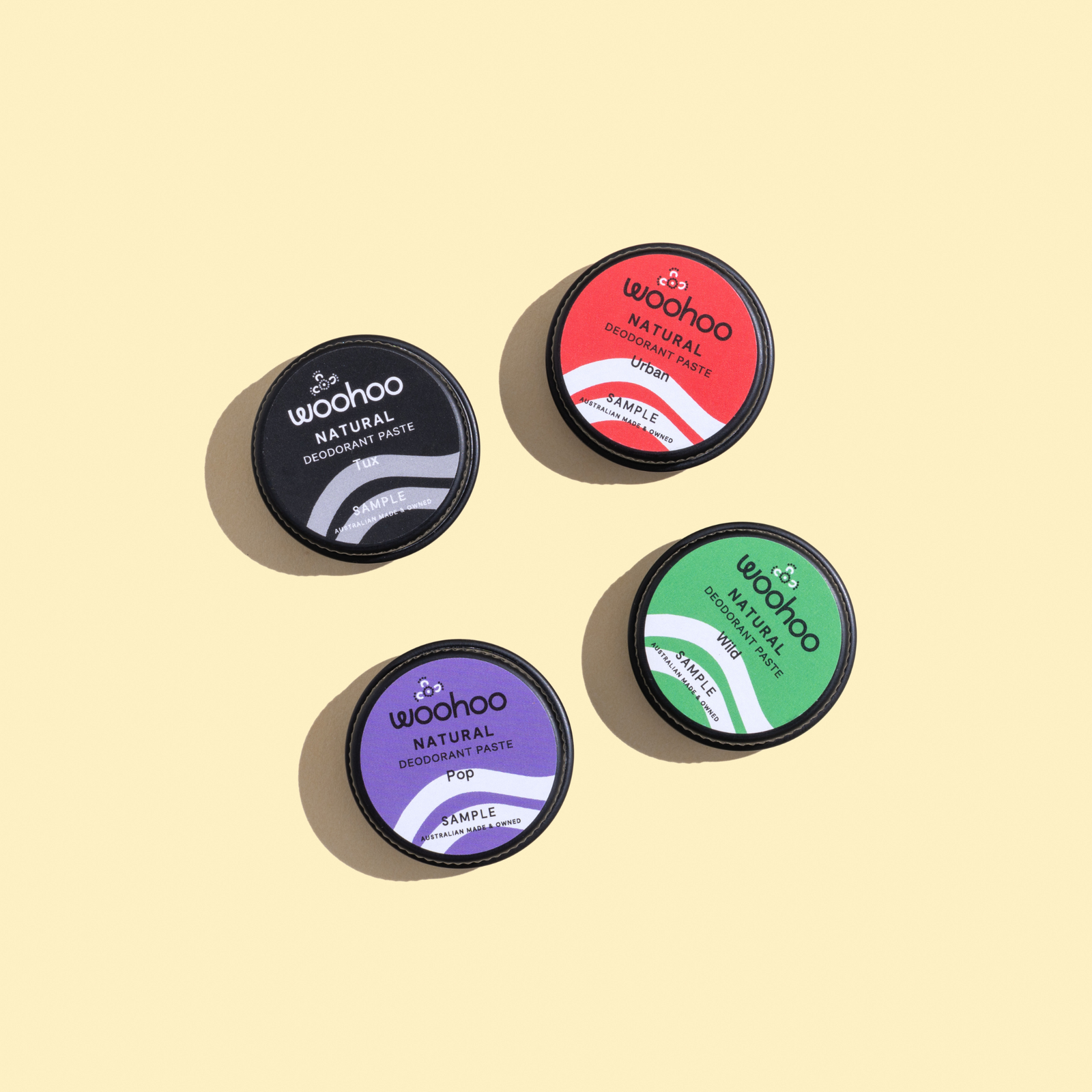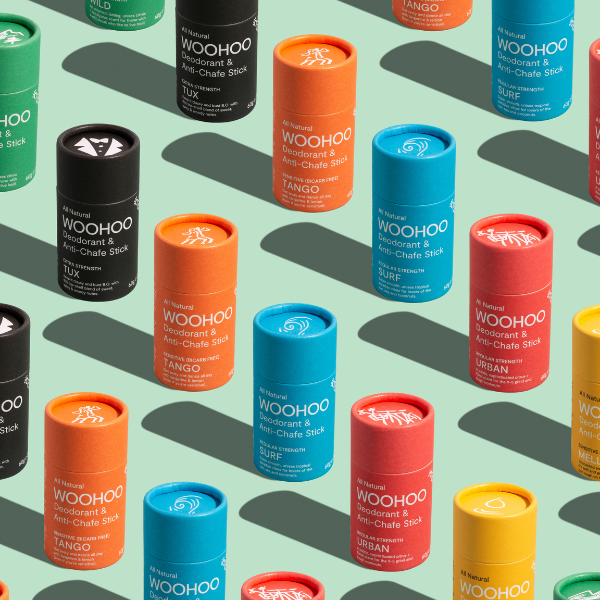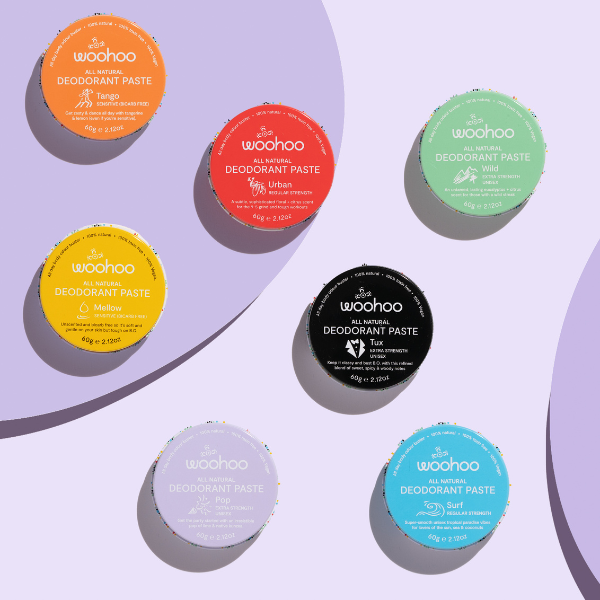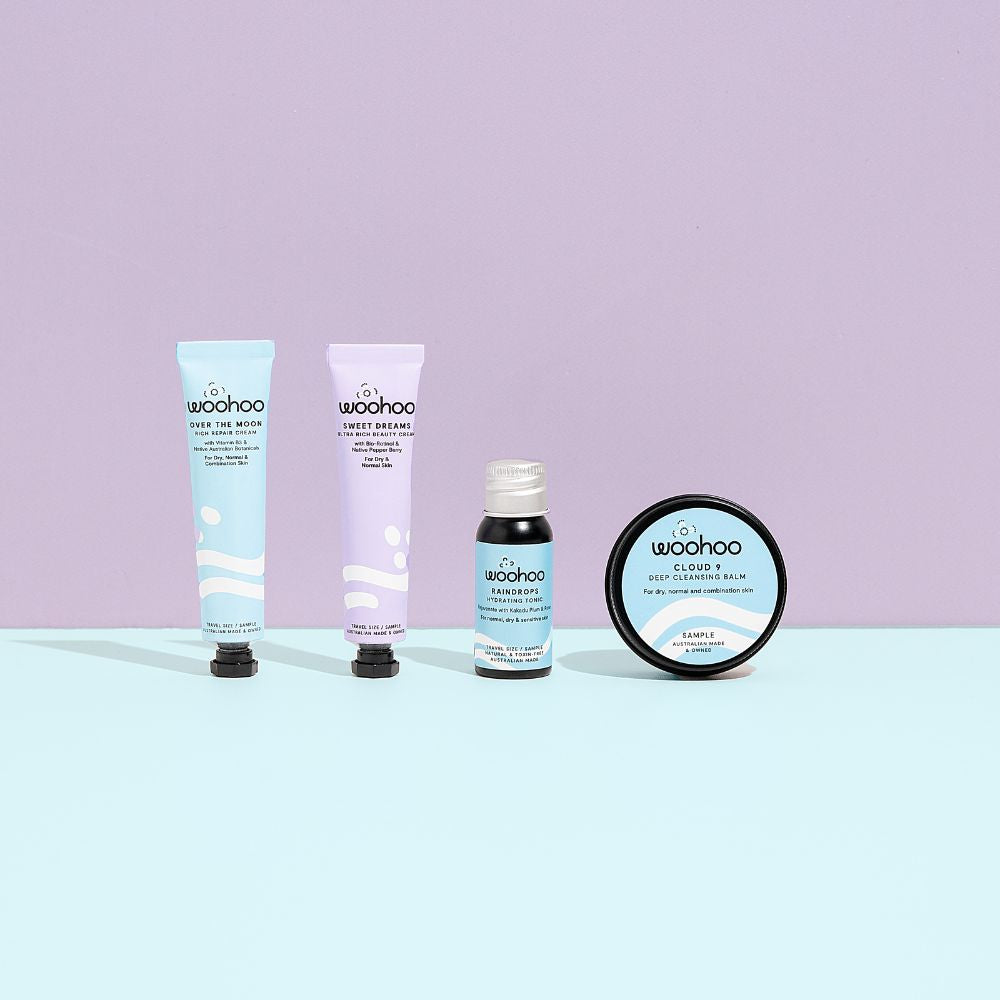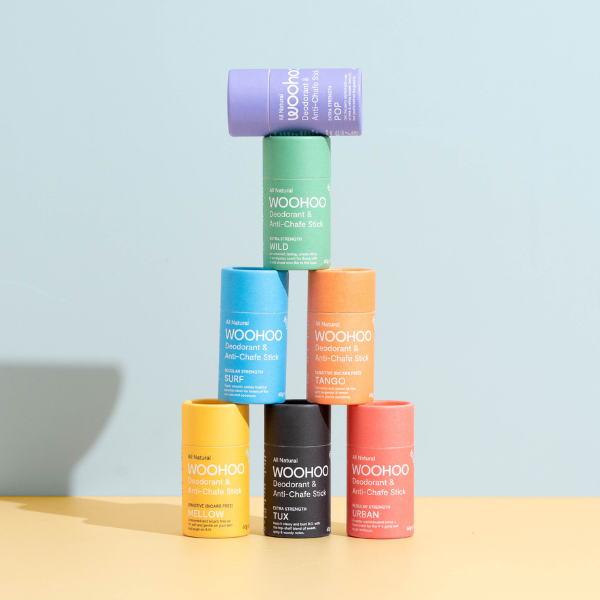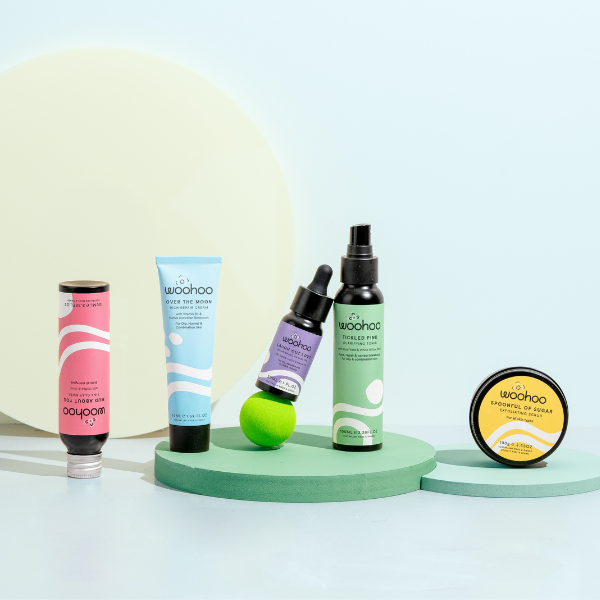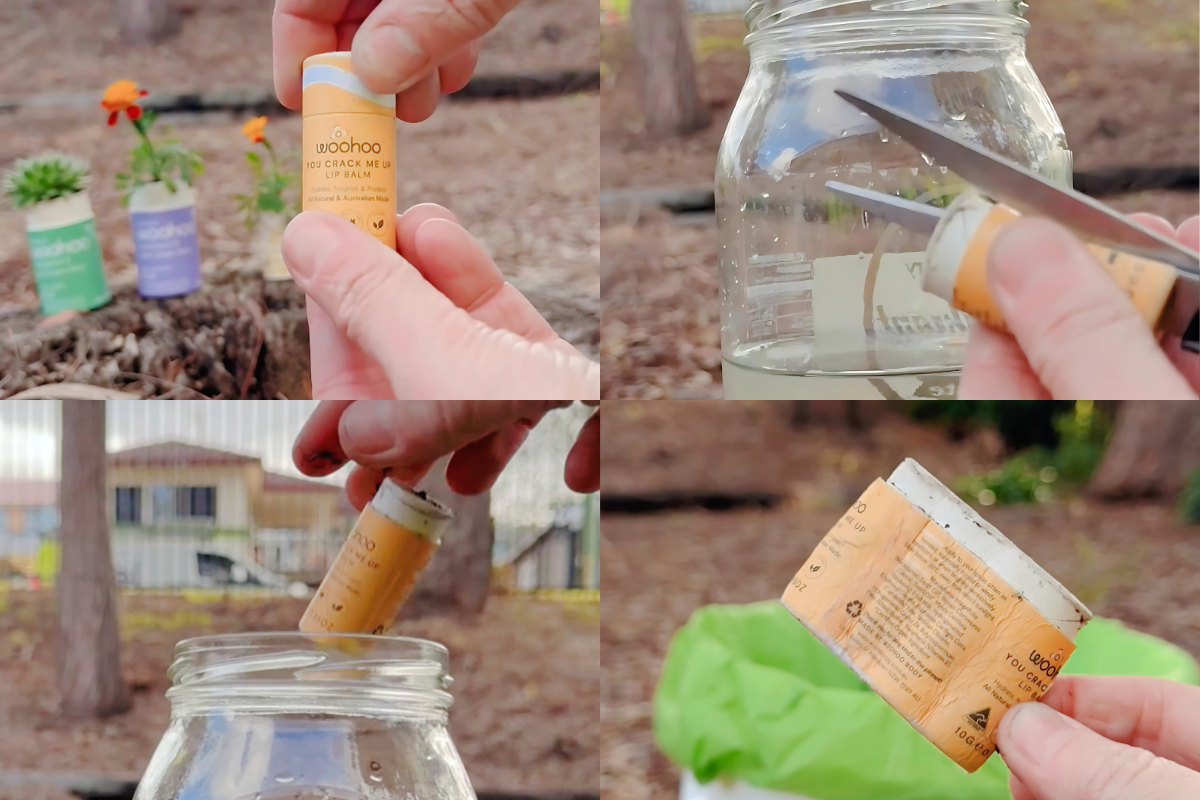Maybe it’s showing his age, but this week Aaron decided that comfort beats fashion. It was time to upgrade to flannelette pyjamas. The “grandpa look” is no longer a concern.
Being that it was the still the middle of July he thought finding a pair wouldn’t be a problem.
Oh how wrong he was.
When walking into the store all he was greeted with was board shorts and bikinis. It’s absolutely freezing outside so the last thing we’re thinking about buying is swimwear. Anyway, after exploring around in the back corner a pair was finally excavated from the sea of summer wear.
Thank goodness.
The take-away? According to the retail world, summer is just around the corner.
So we thought we’d get you clued in on nanoparticles since they’re one of the big health concerns going around right now when it comes to sunscreens (and any other product with Zinc Oxide or Titanium Dioxide in it).
(Plus, if you read our blog posts, you might even be wearing sunscreen year-round anyhow).
Today we’re going to tackle the big question: Should I be worried about nanoparticles in sunscreen?
But first we’ve got a couple of basics to cover…
What are nanoparticles?
Nanoparticles are particles that have dimensions of less than 100nm or 1 billionth of a metre. To put in perspective – if you were 1.5m tall you would be 1 billion times smaller than the sun!
These teeny tiny particles are used in many natural (and synthetic) sunscreens as they make zinc and titanium dioxide look clear when you put it on (so you don’t end up looking like a geisha with a lovely white face!).
What’s the concern?
The case against nanoparticles
Since nanoparticles are so darn small they can penetrate cells and this raises health and environmental concerns. The concern is that nanoparticles could potentially pass through your skin into the bloodstream and cause free radical damage.
The case for nanoparticles
In a lab scientists have been able to get nanoparticle zinc to pass through the skin but it this has not been replicated in a real life. Nanoparticle Zinc has not been found to enter the blood stream through the skin. For this reason they’re still regarded as safe by the Therapeutic Good Administration.
Another Australian study also found that if zinc did enter your bloodstream, your body’s immune cells would be able to break them down and get rid of them.
Which side of the fence will you choose?
Nanoparticles are still a relatively new thing so it should be your decision whether you use them or not.
The way it stands at the moment is that nanoparticles can potentially damage your health. They have been shown to cause free radical damage
BUT…
they have not been found to penetrate our skin and reach a place in our body where that can do that damage.
Even though the human body has shown it can get rid of them, you might not want to put that extra load onto your system.
Here at Woohoo Skincare we’ve made sure we use non-nano zinc in our Woohoo All Natural Deodorants. That is, the particles in the zinc we use are all larger than nanoparticles. They’re called micro-particles.
Even if it eventually turns out that nanoparticles in sunscreen aren’t to be feared, we’re steering clear for now.
It’s not just about sunscreen – nanoparticles are everywhere!
All the talk so far has surrounded nano zinc in sunscreen but there are many more products than can contain nanoparticles. You can often find nanoparticles in:
- Moisturizer
- Soap
- Deodorant
- Toothpaste
- Shampoo
- Sunscreen
- Hair Conditioner
- Perfume and Aftershave
- Aftershave Lotion
- Anti-Wrinkle Creams
- Nail Polish
- Lipstick
- Eye Shadow
- Foundation
- Blush
Just look out for zinc oxide and titanium dioxide in the ingredients list. But remember – even if you’ve chosen to avoid nanoparticles, this doesn’t mean you need to avoid zinc oxide and titanium dioxide!
If you’re avoiding nanoparticles, one thing you can do is to look for ingredients labels that say “non-nano zinc” but don’t use this as your only guide. As we were writing this we realised that we forgot to mention on our own labels that the zinc in the Woohoo All Natural Deodorant is non-nano!
So if in doubt, ask the manufacturer. They should be able to give you a definitive answer 
References
- cancer.org.au/preventing-cancer/sun-protection/nanoparticles-and-sunscreen.html
- https://www.choice.com.au/health-and-body/beauty-and-personal-care/skin-care-and-cosmetics/articles/sunscreen-and-nanoparticles
- https://www.ncbi.nlm.nih.gov/pubmed/16456071

